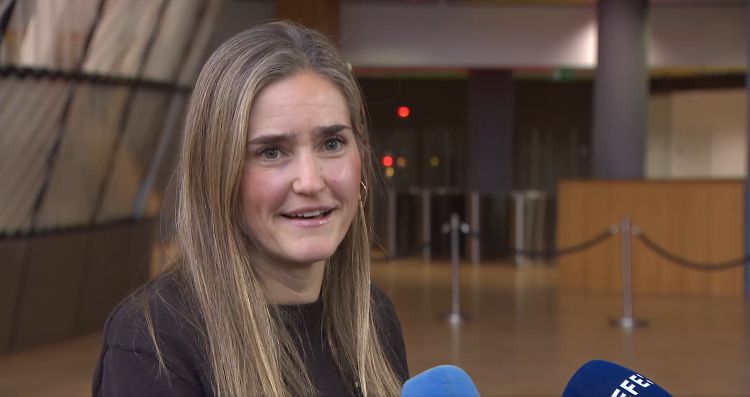Eduardo González
The city of Belém, in Brazil, is hosting the summit of heads of state and government of the thirtieth United Nations Climate Change Conference (COP30) from this Thursday until tomorrow, two days after Spain insisted to the EU on the need to reduce CO2 emissions by 90 percent by 2040.
The COP is an annual global meeting where world leaders, scientists, non-governmental organizations, and representatives of civil society discuss actions to combat climate change. It is considered one of the world’s leading events on the subject.
Convened by President Luiz Inácio Lula da Silva, the conference itself will take place from November 10 to 21, but Brazil, as the host country, decided to move the summit of heads of state forward to allow more “time to reflect with a little more tranquility, without the pressure of the hotel industry, without the pressure of the city,” according to Valter Correia, the extraordinary secretary for COP30.
This will be the first time that the high-level segment will meet separately from the official COP program. In previous years, the summit of heads of state took place after the official opening, during the first few days of the program.
Spain will be represented by Prime Minister Pedro Sánchez and Third Deputy Prime Minister and Minister for Ecological Transition and the Demographic Challenge, Sara Aagesen, who will arrive this Thursday evening (early Friday morning in Spain) at Belém International Airport.
On Friday, Sánchez will address the General Leaders’ Plenary, attend the Summit’s second thematic session, “Energy Transition,” and hold a press conference around noon local time (4:00 p.m. in Spain).
COP30 will bring together world leaders and negotiators from the member states (or parties) of the United Nations Framework Convention on Climate Change (UNFCCC), along with business leaders, youth, climate scientists, Indigenous peoples, and civil society representatives from 198 countries, to discuss measures to address the climate crisis: limiting the rise in global temperature to 1.5 degrees Celsius, helping vulnerable communities adapt to the effects of climate change, and achieving net-zero emissions by 2050. The UNFCCC was agreed upon in 1992 and preceded the current 2015 Paris Agreement on climate change.
According to the organizers, world leaders will arrive with the clear objective of accelerating the implementation of the Paris Agreement and assessing the progress made since COP29, with particular attention to updating nationally determined commitments (NDCs) and mobilizing the financial resources pledged by developed economies. Last July, UN Secretary-General António Guterres warned that the transition to clean and affordable energy for all “is inevitable” and urged all parties not to miss this opportunity to drive the necessary energy revolution.
The COP30 Summit comes immediately after the Extraordinary Council of EU Environment Ministers reached an agreement in principle on Tuesday to reduce CO2 emissions by 90 percent by 2040, albeit with many concessions. The 90 percent reduction by 2040 is presented as a middle ground between the 55 percent the EU must achieve by 2030 and the climate neutrality already agreed upon for mid-century, with implications for transport, agriculture, industry, and energy.
During the Council meeting, Sara Aagesen warned that the 90 percent target is a “red line” for Spain. “Spain needs 90 percent.” “Spain’s vision has always been one of maximum ambition, that 90% reduction in emissions by 2040. We understand that several member states have offered flexibilities, but now is the time to finalize this matter,” she declared upon her arrival.
In the Vice President’s opinion, at COP30—held exactly ten years after the Paris Agreement—“we have a lot at stake: we are risking international leadership, which is fundamental in this extraordinarily complicated context; but above all, I believe we are talking about a more united, cohesive Europe, a Europe of competitiveness, of certainty, certainty for each and every investor.”
Speaking on ‘Las Mañanas de RNE’ this Thursday, Sara Aagesen asserted that the “unanimous EU agreement on the European climate law is a great success and a demonstration that the green agenda is more alive than ever; it is necessary to provide certainty for all investments in this transition.”
“Yesterday in Brussels, they told me it was impossible to reach an agreement on the Climate Law and on the Nationally Determined Contribution: we have shown that it is possible,” she emphasized. “We are in a position to achieve this goal in Spain, in Europe, and globally,” Aagesen continued. “Spain is an example of how it is possible to achieve strong economic growth while simultaneously reducing emissions,” she added.
